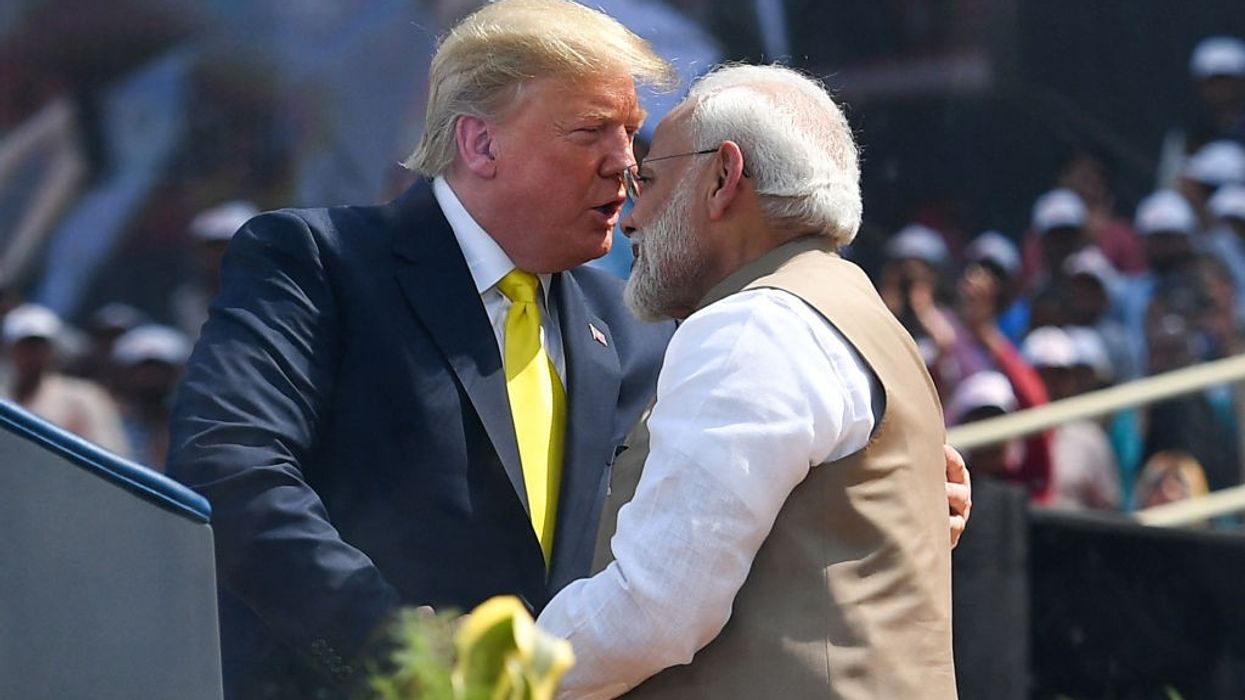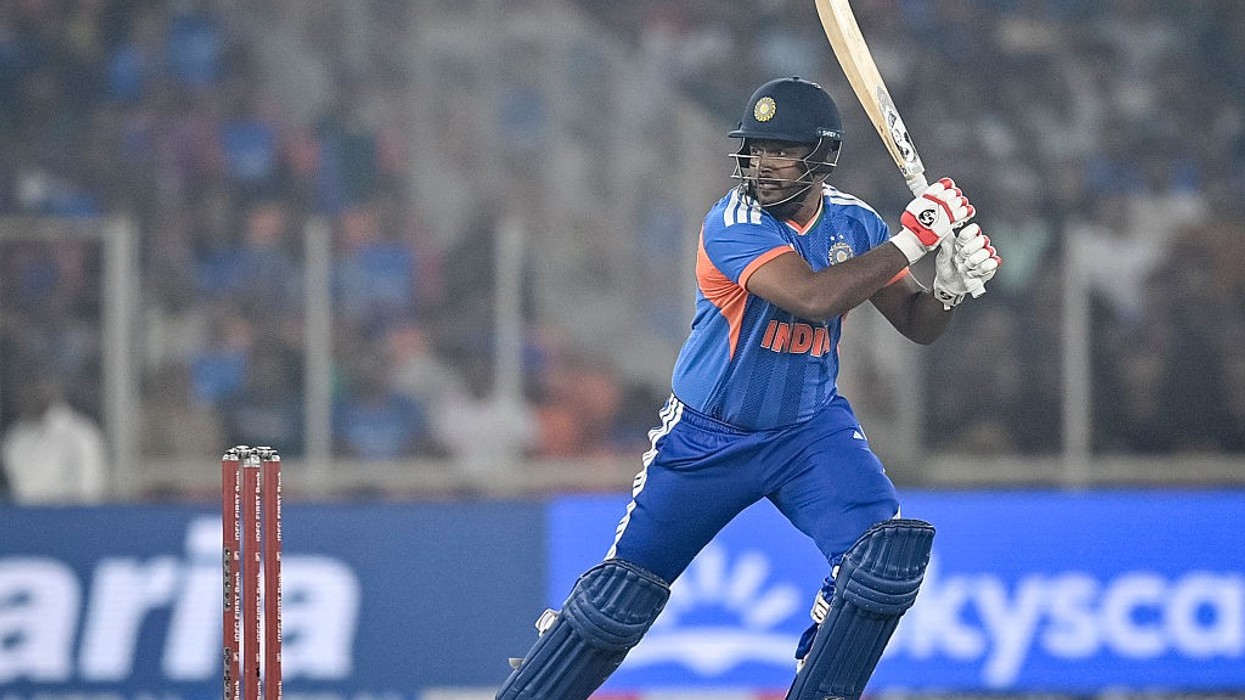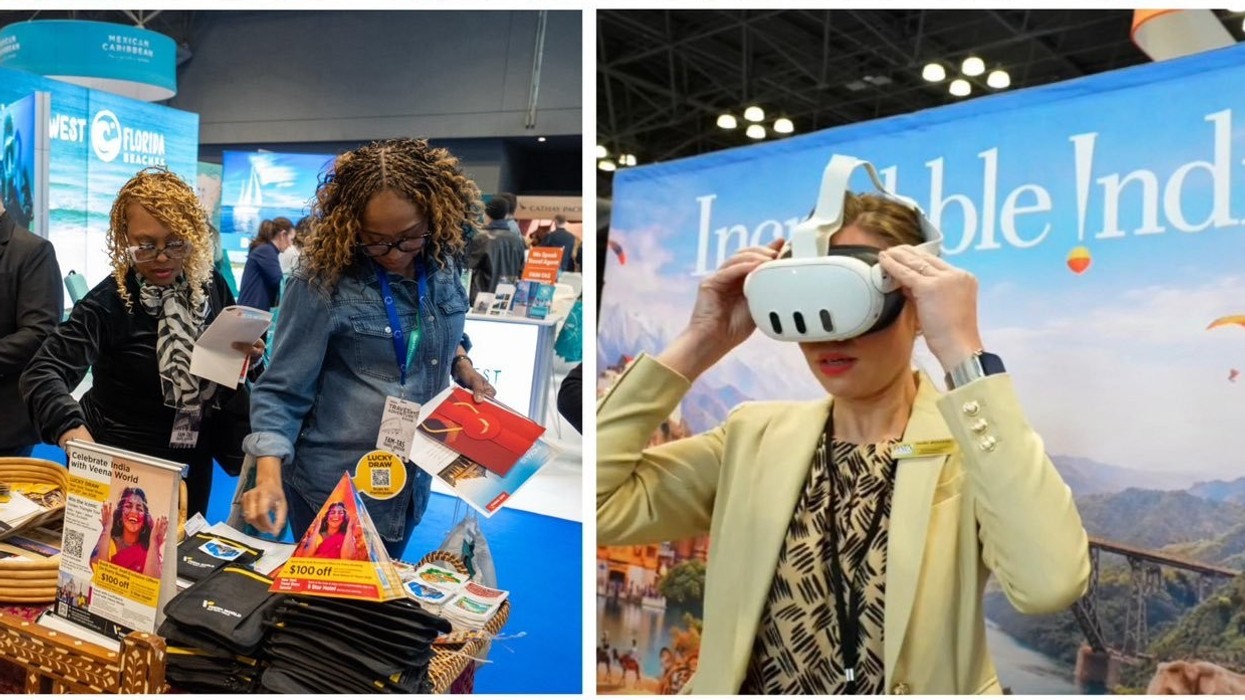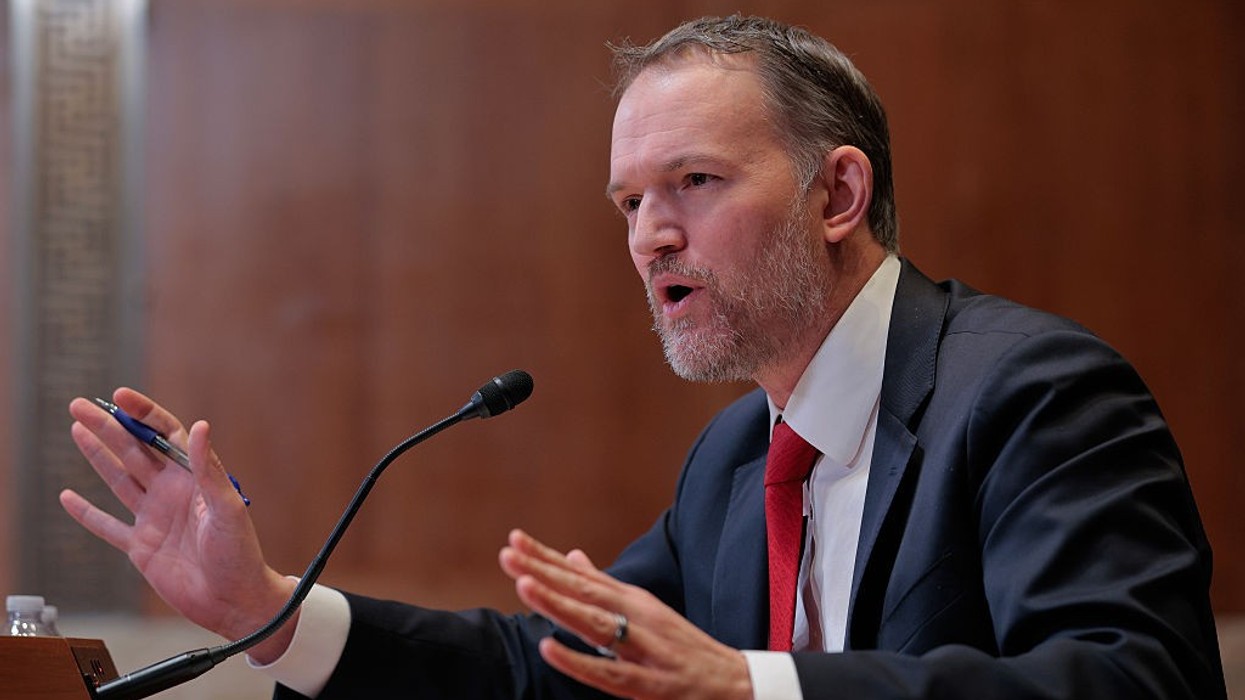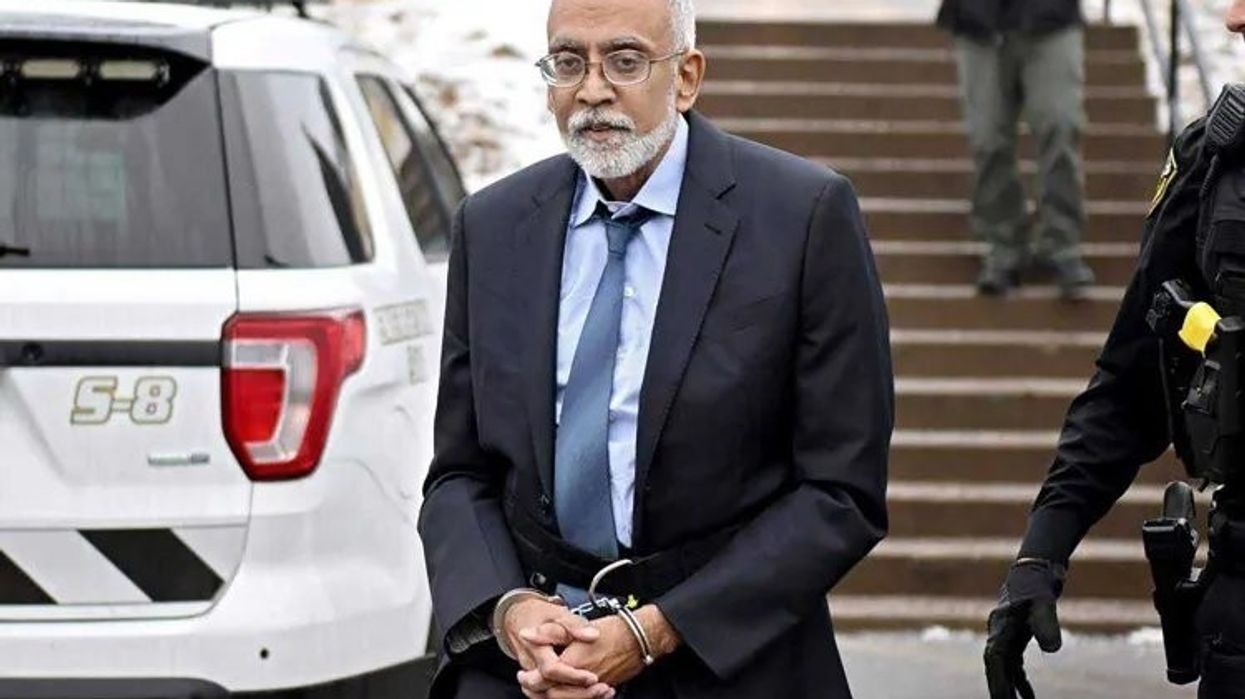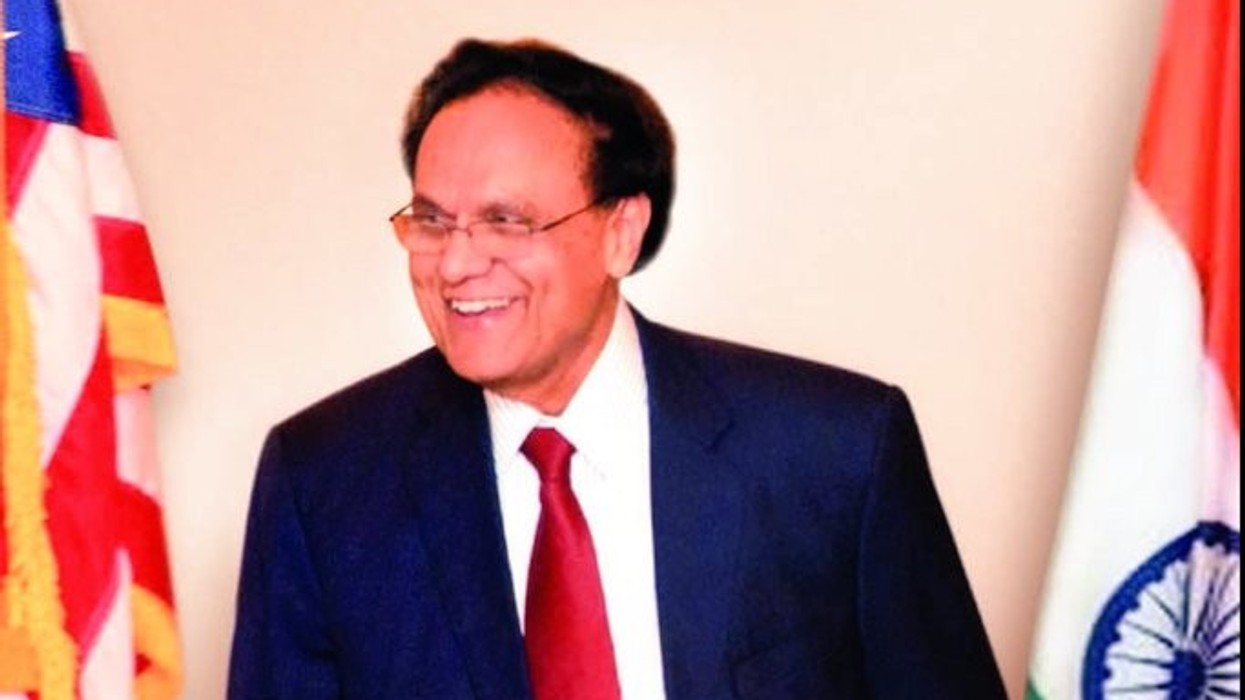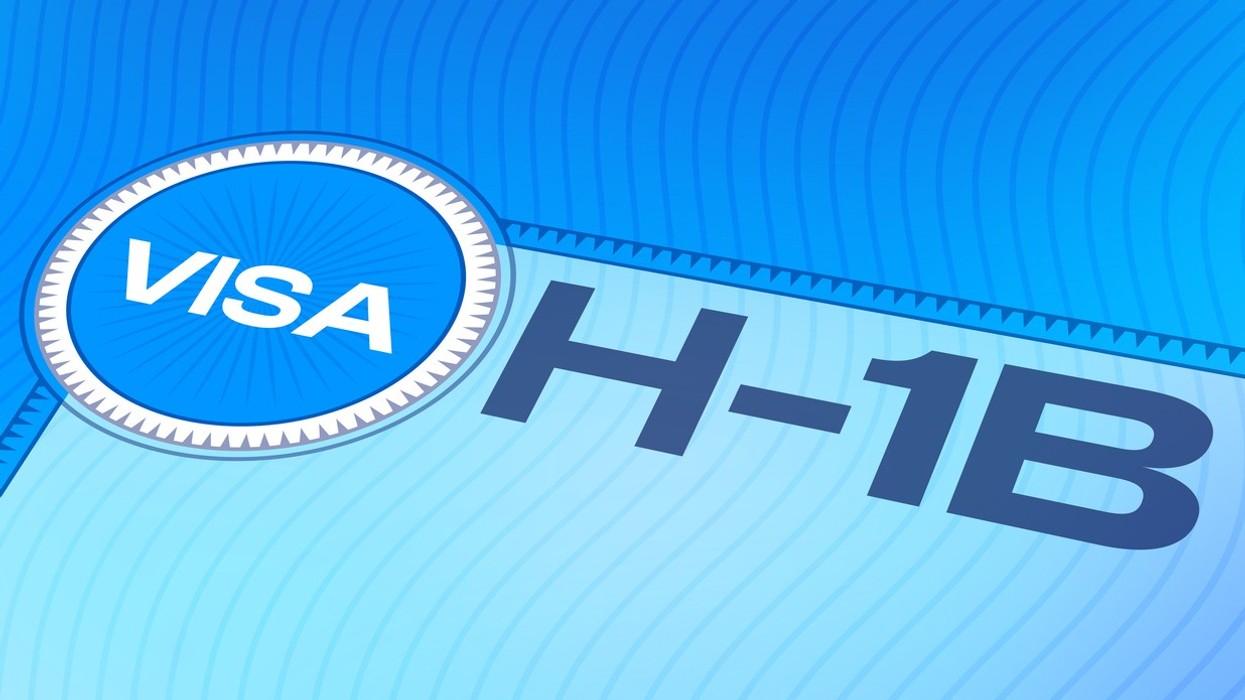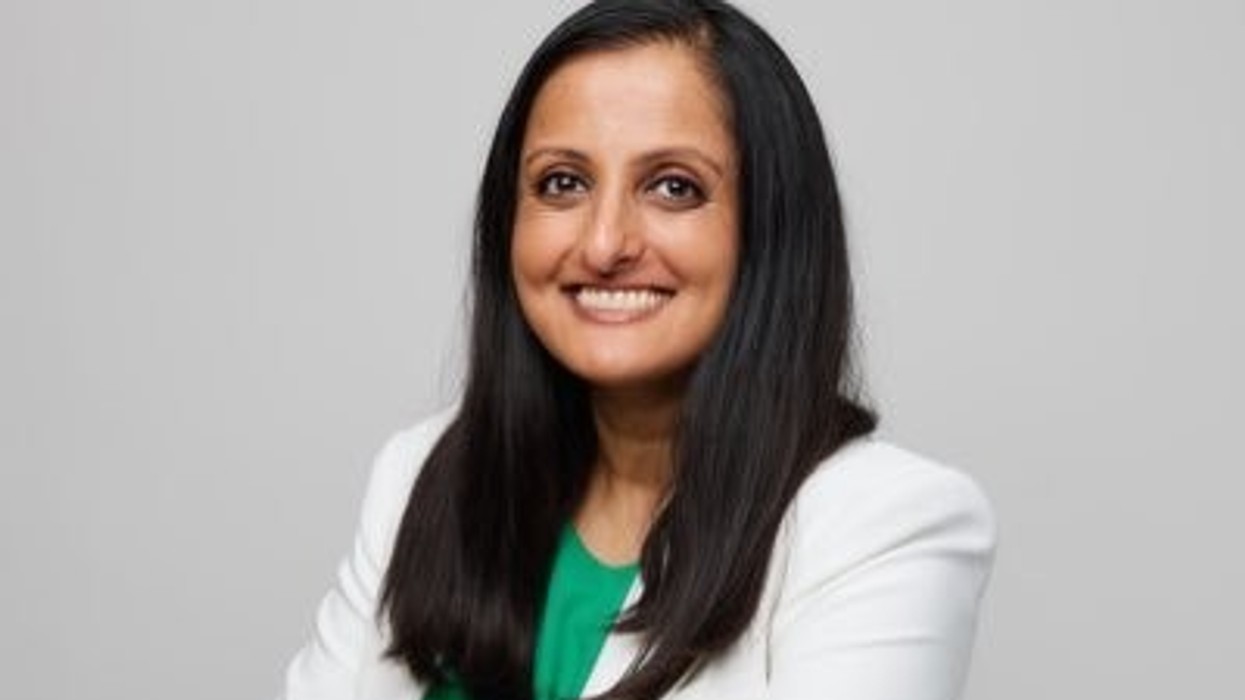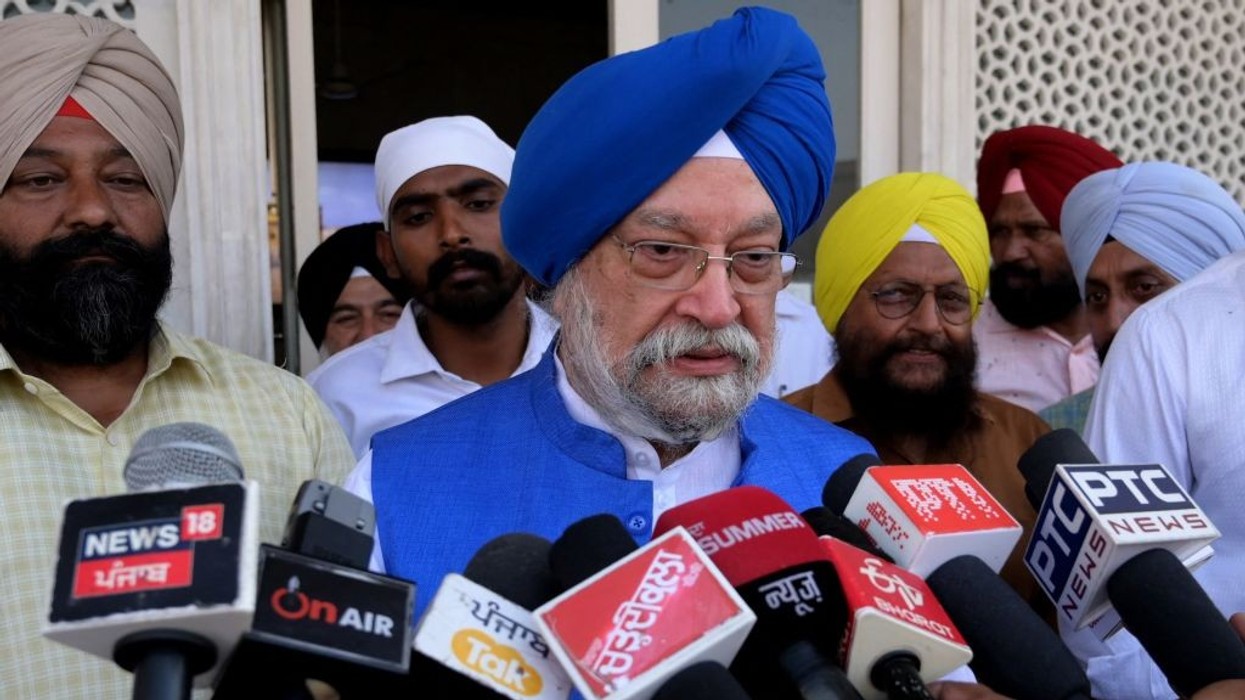Highlights:
- Trump praised Modi as 'tough as hell' and the 'nicest-looking guy.'
- He announced plans for a new India-US trade deal at the APEC Summit.
- The US pressed India over 'unfair' tariffs and restricted market access.
- Trump claimed credit for stopping an 'India-Pak nuclear war.'
- India insists no deal will hurt small farmers or compromise its red lines.
In a speech that left diplomats and analysts puzzled, president Donald Trump sent mixed signals about his relationship with India during the 2025 APEC Summit in South Korea. On one hand, he showered praise on Indian prime minister Narendra Modi, calling him 'tough as hell' and the nicest-looking guy,' while on the other hand, he complained about India's trade policies and market barriers.
“I’m doing a trade deal with India, and I have great respect and love for Prime Minister Modi. We have a great relationship,” Trump declared before swiftly turning critical of India's stance on tariffs and agricultural access.
The contradiction highlighted the volatile nature of Trump’s diplomacy, a blend of personal admiration and aggressive trade posturing.
Tensions over trade: Praise meets penalty
Despite his glowing remarks about Modi, Trump’s comments made it clear that economic friction remains unresolved. Talks between the two nations have dragged on for months, strained by disputes over tariffs and India’s imports of discounted Russian oil.
Trump’s team has accused India of imposing “unfair reciprocal tariffs”—some as high as 50 per cent, on American goods. Washington has also demanded access to India’s tightly controlled dairy and agriculture markets, a demand India continues to resist.
Commerce Minister Piyush Goyal confirmed that discussions are ongoing and expressed optimism for a “fair and equitable” agreement. However, India has repeatedly asserted it “will not accept any deal that could negatively impact the livelihoods of crores of small farmers.”
The ceasefire claim that refuses to die
Adding to the controversy, Trump once again claimed credit for negotiating the May 10 India-Pakistan ceasefire, a statement New Delhi has denied multiple times. “These are two nuclear nations… and they were really going at it. So, I called Prime Minister Modi and said, ‘We can’t make a trade deal with you… We can’t. You’re starting a war with Pakistan,” Trump boasted.
“Prime Minister Modi is the nicest-looking guy (but) he is tough as hell. But after literally two days, they (India and Pakistan) called me up and said, ‘We understand.’ And they stopped fighting,” he added, implying that his diplomatic intervention stopped a potential “nuclear war.”
The Indian government has consistently dismissed these claims, insisting that Pakistan had requested the ceasefire, not India.
A trade deal or a power play?
While Trump positioned his upcoming trade deal as proof of his “great relationship” with Modi, many observers see it as another leverage move, using friendship as a facade for extracting economic concessions.
Recent reports suggest the US may agree to reduce tariffs to 16 per cent, while India could scale back its Russian oil imports. Yet, India remains wary of opening its market to genetically modified corn and soymeal, both key US exports.
The contradiction — praising Modi personally while pressuring India economically, underlines the Trump doctrine of transactional diplomacy, where affection often masks arm-twisting.
